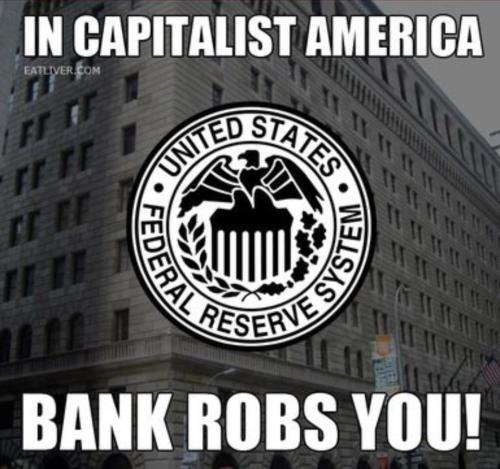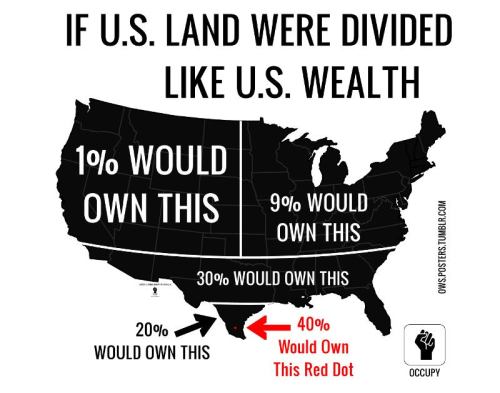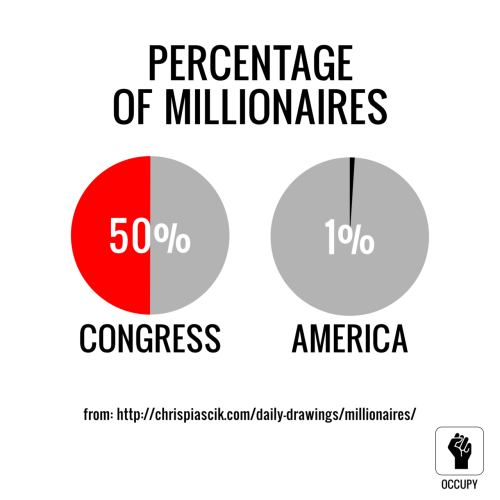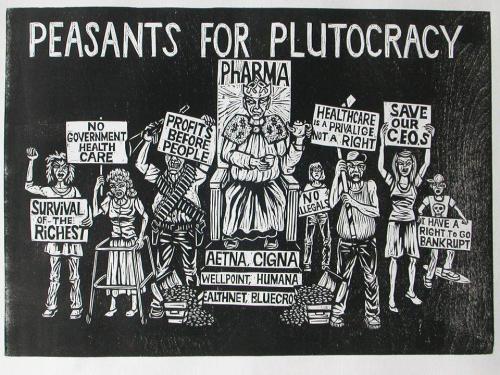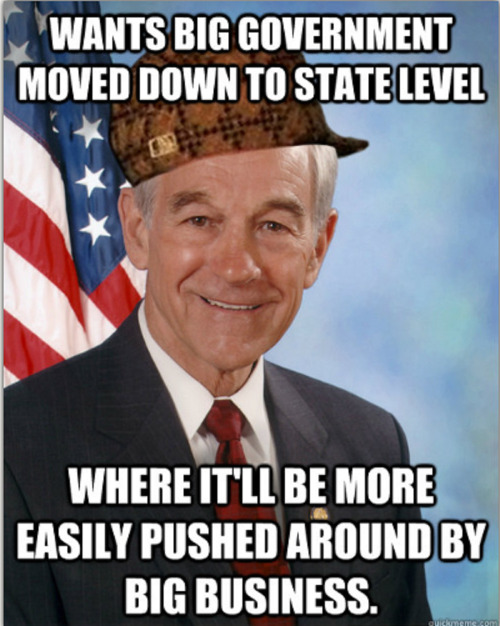#occupy wall street
My last post was called “ Why I came to Occupy Wall Street and Why I Left,” and I caught a lot of grief from my readers for not giving them what the title promised: I explained why I came to OWS – that’s the easy part – but I didn’t really say why I left. It’s going to take a whole series of posts to properly explain why I stopped working on the movement, but I think it’ll help ease the suspense if I write a few words about what it even means to “leave” Occupy Wall Street. That verb, I’ll be the first to admit, was an inappropriate one.
My first month at OWS was characterized by a wild optimism, a hope unleashed. I lived in a state of constant excitement, running on so much adrenaline I would forget to eat and dropped ten pounds in two weeks. I was surrounded by dozens of others in the same state of mind. I remember one day in late October, crossing Broadway at Exchange Place, wolfing down some street food and barely tasting it, and some girl I’d never met crossing in the other direction said to me, “That’s how you know an Occupy Wall Street protestor: He’s trying to eat lunch while running through the street.” And it was true: We were all running around like maniacs, working our hearts out, because finally we’d found something worth working our hearts out for.
Like many in my generation, it seems, I had waited my whole life for a social movement whose dimensions and ambitions were commensurate with the shortcomings I saw in the world around me. By now, I am convinced that OWS is not that movement. Maybe it will grow into that movement, or maybe that movement will grow out of it. Then again, maybe that movement will never come. But this rise and fall of hope has left me and so many others not less hopeful, but more. It has been suggested that the excitement generated by Obama’s election and dashed by his presidency was re-channeled into the Occupy movement; and so many of us who have stepped back from the movement in recent weeks have departed only to search for a better movement – or else to build one. The shroud of despair, it seems, once torn, is not quickly mended.
I could write a lot about hope – almost as much as I could about listening. The word “hope” has gone limp from overuse, but maybe it got overused in the first place because hope itself is in such short supply. After all, that’s how public discourse operates in this culture. Those concepts that we most desperately need to discuss are left to the ravings of a frustrated and usually whiny counter-culture. Sometimes they get picked up by politicians, but either way, they are boxed into a glib, superficial rhetoric that more resembles a branding campaign than any kind of cultural criticism. In due course, they are condemned as corny, hippy-dippy, new-age, or simply played out, and can then be safely barred from any serious political discussion. No one is orchestrating this process; no one planned it; like so many seemingly malevolent mechanisms in our society, it is simply happening: a side-effect, an accident, a naturally-occurring nightmare.
So let’s talk about hope. Before Occupy, the baby boomers used to call us (their children) apathetic. One thing that Occupy has demonstrated is that the problem wasn’t apathy, it was despair. When we said, “Why bother,” it wasn’t because we didn’t care; it was because we didn’t think we had a shot. But maybe that’s letting us off too easy. After all, hope isn’t so much a probabilistic analysis as it is a relationship to action. When we have hope, we don’t think our odds are any better than when we don’t; it’s more that we’re in the mood to take a gamble. So, maybe hopeless is just another word for lazy, but I think it’s more correct to put it the other way around: Lazy is another word for hopeless. That is, if we seemed lazy when it came to marching in the streets, it was because history and society had conspired to convince us that that sort of gamble wasn’t worth taking.
But what is it exactly that we risk, when we take arms against our sea of troubles? What is the precious quantity that we stand to lose, that keeps so many people with radical concerns from doing something radical? Sure, working for OWS takes time and energy, but time and energy are renewable resources; no, it’s not fear of wasted effort that holds us back. Maybe it’s our cynicism that we risk: our last and best line of defense, our one source of dignity in an undignified world. Maybe it’s our capacity for hope that we seem to expose, our capacity for devotion, for earnestness, bound to the idiocy and madness of a chaotic, impossible project. No wonder, then, that we hesitate. Who can blame us?
But once you’ve done it, why go back? I’ve already vested my hope and my dignity in a movement that one commenter on my last post chose to satirize as follows: “I attended an OWS protest but then I left because there weren’t enough ‘Rape Tents.’” I’ve already exposed myself as an idealist whose greatest utopian project was a crime-ridden shanty-town in lower Manhattan. Existentially speaking, my chips are down. Why quit now?
The thing is, you can’t really leave Occupy, for the simple reason that Occupy has no borders. It’s not an organization. It has no membership. It has no mandatory events. The whole discussion of what is and what isn’t Occupy has always been spurious. Occupy is everything that calls itself “Occupy” and everything that someone else calls “Occupy,” which is, more or less, everything. And, anyway, I still attend the occasional meeting, drop by Union Square to say “hi” to friends.
But I did stop working actively on the movement, and I stopped because two things changed. First, as deeply and wholeheartedly as I continue to respect those who are still devoting themselves to OWS, I came to think that the movement was not moving in a direction that I wanted to go; that the internal problems I’d been struggling with since I arrived (more on this soon) were getting worse, not better and that those problems were not isolated or incidental but were in fact coded into the cultural and ideological foundations of the movement. Second, I suddenly lost all appetite and energy for the work I was doing on the movement; with very little warning, I went from indefatigable to torpid.
It is these two transitions that I hope to explore through these posts. I am not the only one to have stepped back from the movement, in the past couple months. Many devoted activists have gone their separate ways lately, and if we hope someday to build a stronger movement, we’d better think hard about why this has happened. But let the impatient beware: I can’t explain all this in a hurry.
Today we took the street in front of the Fannie Mae regional headquarters in Atlanta to demand principal reduction, renters rights, the sale of foreclosed properties to occupants and non-profits at the same discounted rate they are offering to shady investors and that they turn over vacant and abandoned properties to community controlled entities to provide long term affordable housing.
Today Fannie and Freddie heard the voices of the 99%
In 2008, the year the crisis began, big banks handed out bailout funds as bonuses:
• Goldman Sachs, which earned $2.3 billion and received $10 billion in TARP funding, paid out $4.8 billion in bonuses in 2008 - more than double their net income.
• Morgan Stanley, which earned $1.7 billion and received $10 billion in bailout funds, handed out $4.475 billion in bonuses, nearly three times their net income.
• JPMorgan Chase, which earned $5.6 billion in 2008 and received $25 billion from the government, paid out $8.69 billion in bonus money.
• Citigroup and Merrill Lynch lost a combined $54 billion. They received a total of $55 billion in bailouts and paid out $9 billion in combined bonuses. ($5.33 billion for Citigroup; $3.6 billion for Merrill Lynch, which was subsequently acquired by Bank of America.)
Post link
We wish this wasn’t a joke.
Only 3 more days until we protest Fannie and Freddie in Atlanta! We have six tickets left, contact us for details.
Post link
Democracy is not a spectator sport! Voting once every 2 or 4 years is the least you can do to have a say in society.
Take responsibility to make a better world every day! Get involved in your local democracy, take action to manifest the change that you need!
Post link
“Police are about to put the beat down on the protestors, riot gear and all. Going to be awesome… I got all giddy inside when I saw the batons come out” - Hamilton County Young Democrats President at the DNC
Neither party believes in the freedom to assembly or the freedom of speech, neither party cares about the concerns or needs of the American people.
Resist the DNC! Solidarity to all those at Charlotte demanding their voice be heard!
Post link
Where is your hard work going?
Post link
50% of Congress are millionaires. Why? Because insider trading is not illegal for representatives. What a scam. If they made minimum wage maybe they would be more concerned about the 99%
It’s time to demand that public servants be held to the same standard of law as the rest of us.
Post link
“Power concedes nothing without a demand. It never did and it never will.” ~ Frederick Douglass
Post link
Join our campaign for home foreclosure defense! Our next meeting is today at 5:30pm at the stage at Coolidge Park.
We will also be providing free transportation to Atlanta September 10th to protest Fannie & Freddie and demand principal reduction! Message us for more details!
Post link
49.9 million Americans were uninsured in 2010. That’s 16.3% of the total population.
A record high of 26,100 people aged 25 to 64 died for lack of health coverage in the same year.
Post link
Our demands include:
-Principal Reduction for all underwater homeowners to real market value
-and end to Fannie and Freddie Evictions, and the right to rent after foreclosure
-that they turn over vacant and abandoned properties to community controlled entities to provide long term affordable housing
Click here to read the stories of people fighting back.
wearethefanniefreddie99.tumblr.com
Post link
Wall Street profits went up as a result of the financial crisis.
In 2010 pay in Wall Street rose to its highest level in history: $135 billion
The same year a record number of people aged 25 to 64 died for lack of health coverage, 2.9 million properties received foreclosure filings, and banks seized more than 1 million homes.
The top 5 US banks reported a profit of $65.4 billion; 0 bankers have gone to jail for the crimes committed during the crisis.
Post link
Voting for Mitt Romney? check this out.






